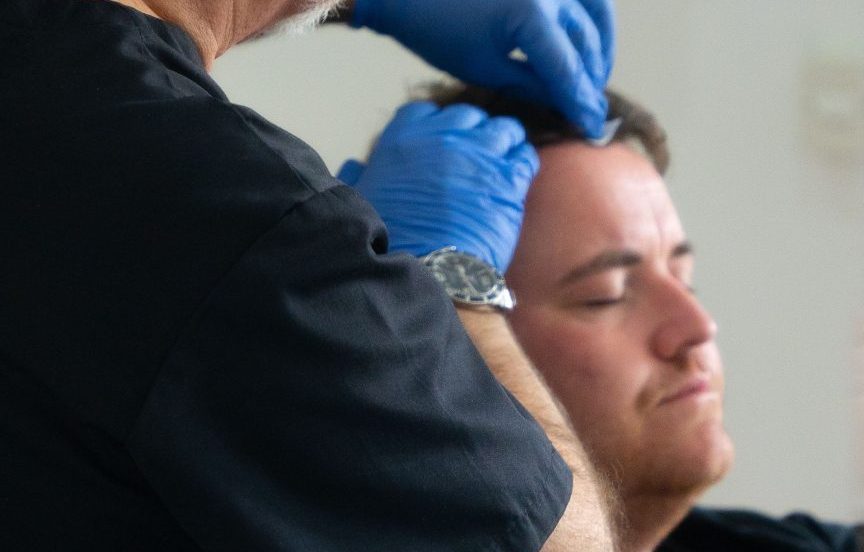
The Impact of Smoking on Hair Transplant Results
The Impact of Smoking on Hair Transplant Results
Smoking on Hair Transplant
Discover how smoking affects hair transplant outcomes. Learn about the risks, including impaired healing and graft survival, and find out how quitting can enhance your results.
Reduced Graft Survival
Grafts are highly delicate and rely on a robust blood supply to survive. In smokers,
Slower Healing
A key part of transplant success is the recovery phase. Smokers often heal more slowly,
Risk of Complications
Smoking significantly raises the chances of necrosis, a condition where skin tissue dies due to insufficient blood flow.
How Smoking Can Sabotage Your Hair Transplant Results
Hair transplant procedures have become increasingly popular in the UK as more people seek long-term solutions to hair loss. With procedures such as Follicular Unit Extraction (FUE) and Follicular Unit Transplantation (FUT) offering natural-looking results, it’s no surprise that patients invest in restoring their hair and confidence. However, one often-overlooked factor that can significantly impact the outcome of a hair transplant is smoking.
In this article, we’ll discuss the science behind smoking and hair health, how it can affect your hair transplant results, what the research says, and why quitting smoking is a crucial step before undergoing the procedure. We’ll also introduce you to Merchant City Medical Group, a trusted name in the UK’s hair restoration landscape.
What Happens During a Hair Transplant?
To understand the effects of smoking on a hair transplant, it’s essential to grasp how the procedure works and what makes it successful. Hair transplants rely on precise surgical methods and post-operative care to deliver lasting, natural results.
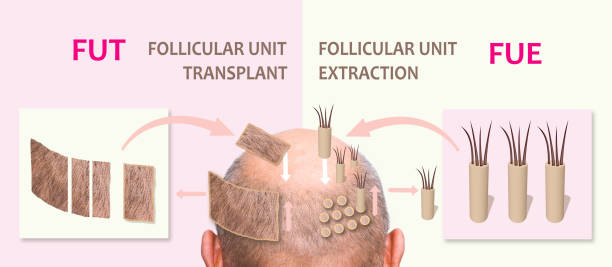
Understanding FUE and FUT Techniques
- FUE (Follicular Unit Extraction): This process involves extracting individual hair follicles using a small punch device. It’s minimally invasive, leaves tiny scars, and offers a quicker recovery.
- FUT (Follicular Unit Transplantation): A strip of scalp is surgically removed from the donor region, and the follicles are dissected under a microscope before implantation. Though slightly more invasive, it may suit those requiring larger grafts.
Both methods depend heavily on post-operative healing and blood circulation to ensure that the transplanted follicles survive and begin to grow naturally.
The Science Behind Smoking and Hair Health
Before exploring the specific consequences for transplant outcomes, it’s helpful to understand how smoking affects the scalp and hair in general. The damage goes beyond aesthetics and directly impacts the biological functions necessary for hair growth.
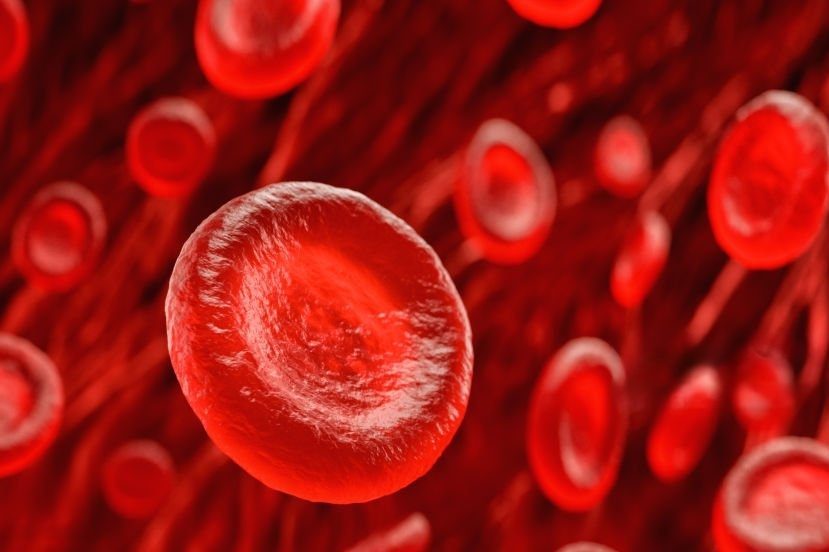
How Smoking Affects Blood Circulation
Nicotine causes blood vessels to constrict, reducing circulation. This is particularly problematic for a hair transplant because healthy blood flow is crucial for the grafts to anchor, receive nutrients, and thrive in their new location. Poor circulation can starve the hair follicles and compromise their growth.
Toxins in Cigarettes and Their Impact on the Scalp
Cigarette smoke contains more than 7,000 chemicals, including carbon monoxide, which further deprives the blood of oxygen. This toxic cocktail damages skin and hair follicles, increases inflammation, and slows tissue regeneration—all detrimental to a successful transplant.
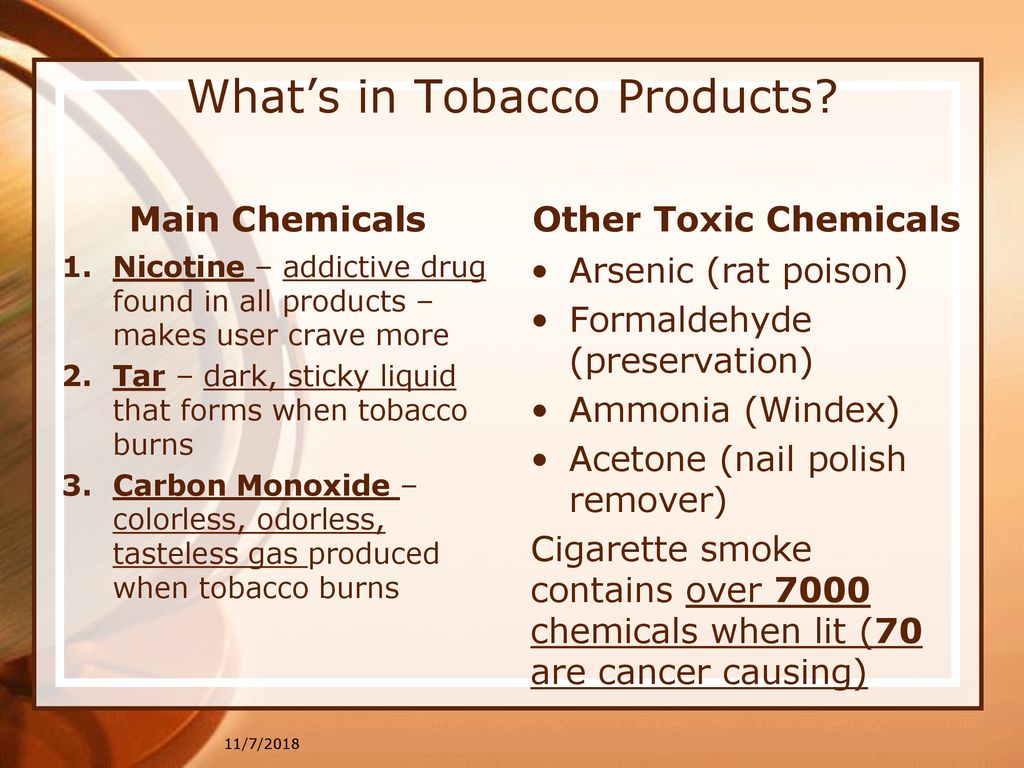
How Smoking Impacts Hair Transplant Results
Smoking directly impacts hair transplant outcomes, compromising both the success rate and the quality of the final results. Here’s what patients need to consider.
Smoking’s Impact on Graft Survival and Blood Flow
Smoking restricts blood flow, depriving hair grafts of essential oxygen and nutrients, which can lead to transplant failure.
Transplanted hair follicles are fragile and depend on a strong blood supply—something smoking compromises, increasing the risk of graft loss.

1 . Reduced Graft Survival Rate
How Smoking Threatens Your Hair Transplant Results
Grafts are highly delicate and rely on a robust blood supply to survive. In smokers, oxygen-deprived and constricted blood vessels mean many transplanted follicles don’t receive what they need to survive, leading to graft failure.
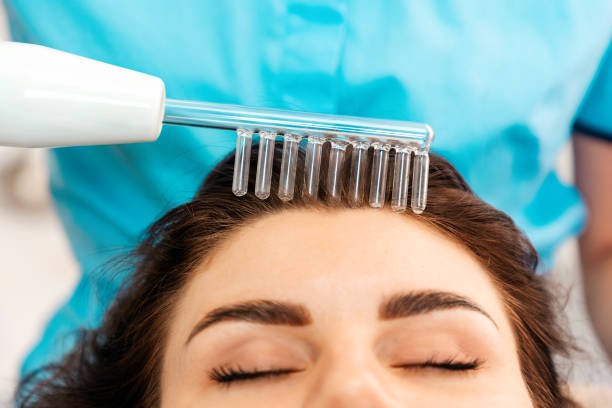
2 . Slower Healing Post-Procedure
Smoking Slows Healing After Hair Transplants
A key part of transplant success is the recovery phase. Smokers often heal more slowly, experience prolonged redness or swelling, and are more prone to complications. Scabbing may worsen when the healing process is impaired, and infection risks increase.
3. Increased Risk of Complications
Smoking Increases Risk of Tissue Damage and Scarring
Smoking significantly raises the chances of necrosis, a condition where skin tissue dies due to insufficient blood flow. This can cause scarring and a permanent loss of viable transplant areas. Infections, excessive bleeding, and inflammation are also more common among smokers.
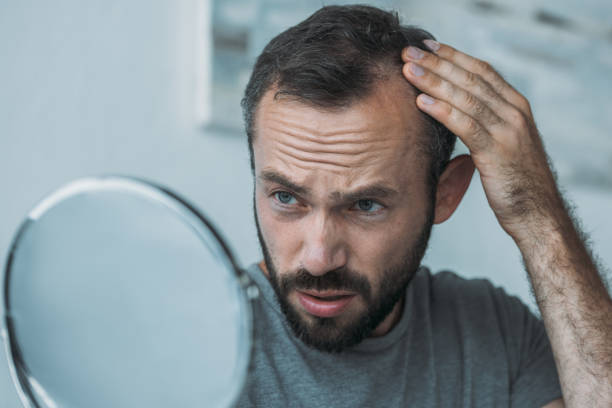
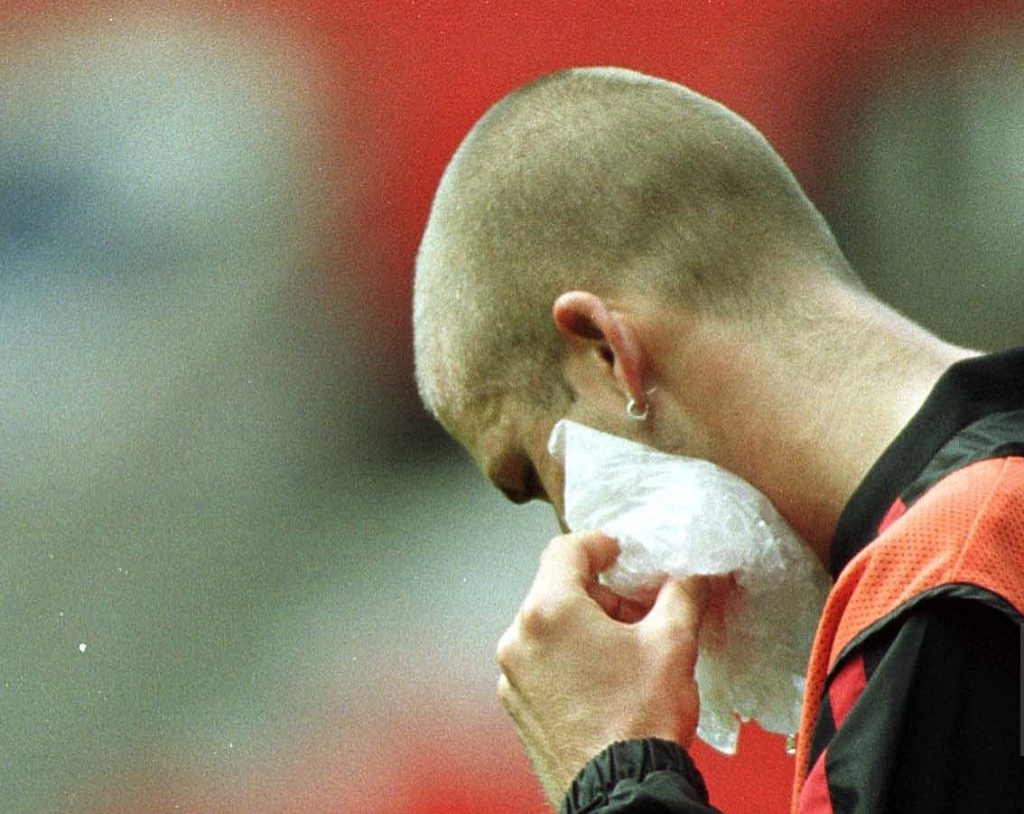
4. Delayed or Weakened Hair Growth
Weaker Hair Growth in Smokers After Transplant
Even if the grafts survive, the growth process may be slower or yield thinner, weaker hair in smokers. This can make the transplant look less dense or require additional procedures to correct the results.
What Research Says: Clinical Studies on Smoking and Hair Transplants
Clinical evidence offers valuable insight into the link between smoking and poor surgical outcomes, including in hair restoration procedures. Research and anecdotal clinic data provide a strong case for quitting smoking before your transplant.
Numerous studies have highlighted the negative impact of smoking on surgical outcomes, including hair transplants. For example, a study published in the “Annals of Plastic Surgery” showed significantly higher post-operative complications in smokers undergoing cosmetic procedures.
In hair restoration, clinics have observed that smokers often require more follow-up procedures and report lower satisfaction rates. While controlled clinical trials on hair transplant patients are still limited, the evidence from related surgeries is strong enough to recommend cessation.
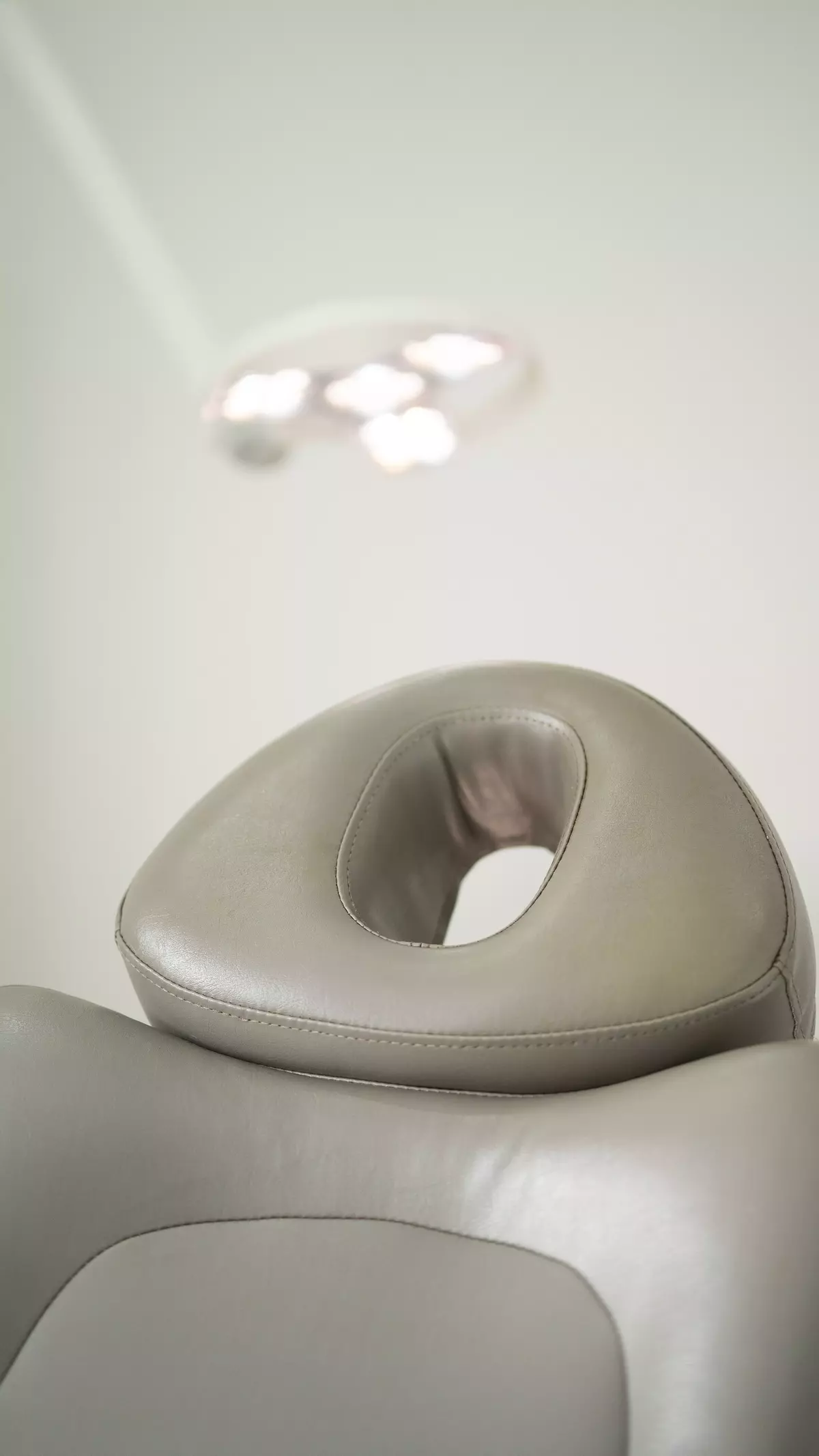
How Long Before a Hair Transplant Should You
If you’re a smoker considering a hair transplant, timing your cessation is key. Here’s what medical experts recommend to optimise your procedure and results.


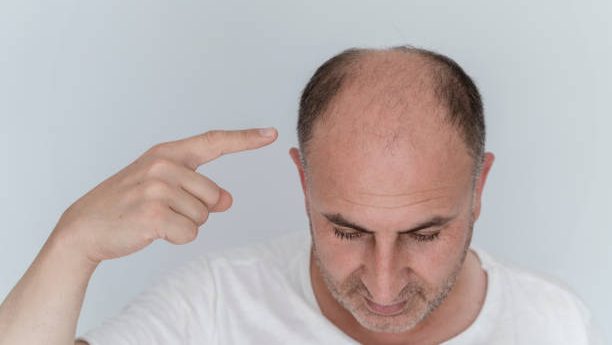
Recommended Smoking Cessation Timeline
Doctors generally advise patients to quit smoking at least 2-4 weeks before the procedure and continue abstaining for another 2-4 weeks afterwards. This period allows the body to improve circulation and reduce inflammation, creating an ideal environment for the transplanted follicles to survive and grow.
What Happens If You Smoke Before/After Surgery?
Smoking before surgery can immediately reduce the blood flow to the scalp, making the procedure less effective. Post-operatively, even a single cigarette can increase the risk of graft failure and complications. It’s crucial to be honest during your consultation so your surgeon can assess your suitability and help you with cessation support if needed.
Alternatives to Smoking: Supporting Hair Growth Naturally
Quitting smoking is a challenge, but it’s also a golden opportunity to embrace healthier habits that support not just your transplant but your overall well-being. Here are some practical steps.
- Nicotine Replacement Therapies (NRTS)
While quitting cold turkey is ideal, it’s not always easy. Nicotine patches, gum, and lozenges can help manage cravings and are generally safer during the recovery period. However, these should only be used with your surgeon’s approval.
- Supplements and Lifestyle Tips
Support your recovery with a balanced diet rich in protein, vitamins (especially Biotin and Vitamin D), and minerals like zinc and iron. Staying hydrated, reducing stress, and maintaining scalp hygiene also go a long way in boosting healthy hair growth.
Real Patient Experiences: Smokers vs. Non-Smokers
Nothing illustrates the contrast in results better than real-life examples. Patient stories provide context and reinforce why quitting smoking makes a dramatic difference.
Hair transplant clinics often note the difference in outcomes between patients who smoke and those who don’t. Non-smokers experience quicker healing, better graft retention, and more satisfying results.
A 38-year-old patient who quit smoking six weeks before his FUE procedure at a leading UK clinic reported fast healing and visible growth within three months. Meanwhile, a similarly aged smoker required a touch-up procedure due to poor graft survival and longer inflammation.

Why Choose a Smoking-Free Lifestyle Before and After Hair Transplant?
Deciding to quit smoking is not just about improving your hair transplant results—it’s about investing in a healthier future. Here’s why it pays off.
- Boosting Your Transplant Success Rate
Going smoke-free dramatically increases your chances of a successful outcome. Improved blood flow and oxygenation give your grafts the best possible start and reduce the risk of complications.
- Enhancing Overall Well-being
Beyond your hair, quitting smoking improves skin tone, boosts energy, and reduces your risk of chronic diseases. Many patients find their decision to get a hair transplant catalyses broader positive lifestyle changes.
Hair Transplant and Smoking FAQS
Still have questions about the interaction between smoking and hair restoration? This quick FAQ section covers the essentials.
-
Can I smoke one cigarette after a hair transplant? Even one cigarette can reduce oxygen delivery to your scalp. It's best to avoid it entirely.
-
What about vaping? While e-cigarettes don't contain as many toxins, nicotine is still a vasoconstrictor and can affect healing.
-
Is secondhand smoke harmful? Yes. Exposure to smoke can still impair healing and affect results.
-
How long should I wait before smoking again? Ideally, you should quit permanently. At minimum, abstain for 4 weeks before and 4 weeks after your procedure.
Hair Transplant Aftercare Tips for Smokers
If quitting smoking completely is difficult, following strict aftercare guidance can help protect your results. Here are specific strategies for ex-smokers or those currently trying to quit.
If you’ve recently quit or are struggling to stay smoke-free
here are some additional aftercare tips:
- Avoid alcohol and caffeine as they can also restrict blood flow.
- To lessen swelling, sleep with your head up.
- Keep your scalp clean and moisturised using the recommended products.
- Use ice packs sparingly on the forehead (not the graft area) to control swelling.
- Take all prescribed medication exactly as directed.
Merchant City Medical Group: Your Trusted Hair Transplant Partner in the UK
If you’re searching for a reputable clinic that supports you through every step of the hair restoration journey, look no further. Merchant City Medical Group is committed to excellence and long-term patient success.
1 . Expertise in FUE and FUT Procedures
Our UK clinics offer FUE and FUT procedures using state-of-the-art equipment and refined techniques. We tailor each procedure to the patient’s needs and hair goals, ensuring natural and long-lasting results.


- 2,190 Grafts
- 12 Months Post Op
2 . Personalised Consultations and Lifestyle Advice
We don’t just focus on the surgery. We support patients through every step of the journey. From helping you quit smoking to recommending post-operative nutrition, our team is here to maximise your success.
3 . Commitment to Long-Term Patient Care
Hair restoration doesn’t end after surgery. We provide ongoing aftercare, check-ins, and access to expert advice as your new hair grows in. Our patients frequently report satisfaction with their results and the care they received along the way.


- 2,190 Grafts
- 12 Months Post Op
Conclusion
Smoking and hair transplants are not a good mix. From reduced blood flow to slower healing and higher complication risks, smoking can drastically reduce the chances of a successful hair restoration. If you’re considering a transplant, quitting smoking is one of the best decisions you can make—not just for your hair’s well-being, but for your overall health.
Ready to start your smoke-free hair restoration journey? Contact Merchant City Medical Group today to book a free consultation and take the first step towards lasting results you can be proud of.
Excellence Record
- 30+ Years of combined experience
- 10 + Experts
- 1000 + Satisfied Patients





